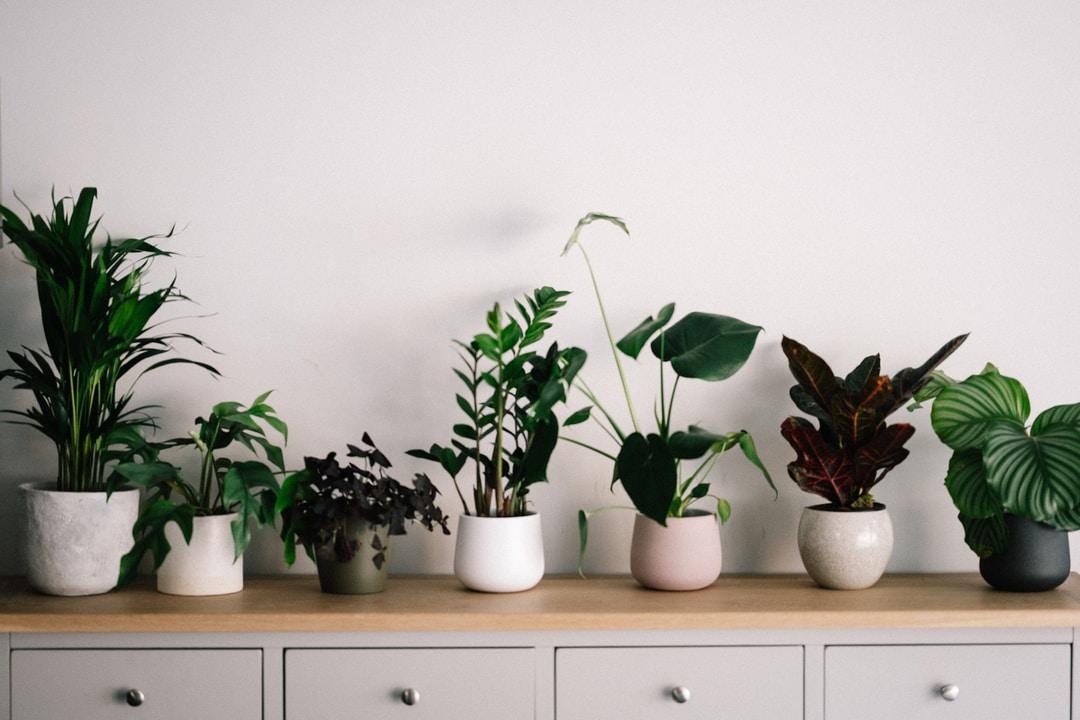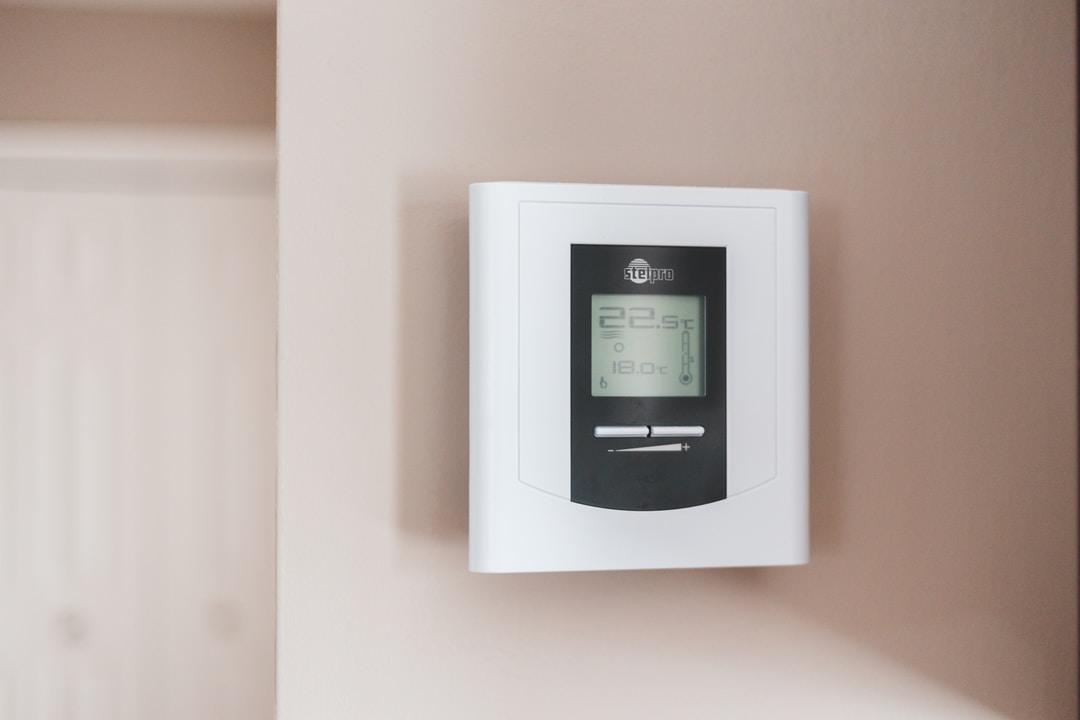
People depend on air for life. Oxygen fuels human cells, enabling them to grow, produce energy and reproduce. Four minutes of oxygen deprivation causes brain damage, and after a few more minutes without oxygen, people die.
Access to oxygen is crucial for survival, but it’s not enough—people also need access to clean air. Poor air quality can be life-threatening. Increasing awareness about air quality has prompted homeowners and businesses to look for ways to improve indoor air quality in buildings. You may be wondering if you can use indoor plants to improve the quality of indoor air. Continue reading to learn about whether plants improve air quality, other ways you can improve indoor air quality, and why eliminating indoor air pollution is crucial for your health.
Can indoor plants improve indoor air quality?

When you inhale air, the oxygen’s distributed throughout your body. The oxygen feeds your cells, enabling them to perform tasks crucial for your survival. Once cells convert oxygen to energy, they produce carbon dioxide, which you exhale.
Plants go through a process similar to human respiration called photosynthesis. Plants take the carbon dioxide in the air and absorb it. With photosynthesis, plants collect light energy. Light energy enables plants to turn carbon dioxide into oxygen. Essentially, this means that plants produce fresh air.
When you add home floor plants to your house, you’ll increase the amount of clean air inside your home. When plants go through photosynthesis, they also remove toxins such as benzene and formaldehyde from the air. Plants even absorb mold spores and produce substances that reduce the spread of bacteria.
Plants such as English Ivy, Snake Plant, Golden Pothos, and Gerbera Daisy are excellent options for people with allergies because they remove allergens from the air. Other popular houseplants you can consider include palms, rubber trees, and Chinese money plants.
Are there other ways to improve indoor air quality?

Your home’s heating, ventilation, and air conditioning (HVAC) system has a significant impact on air quality. HVAC systems draw in air through supply vents. Once the air travels through the ducts, it passes through a filter. The HVAC system then either warms the air or removes the heat from the air before redistributing the air throughout your home.
When air passes through dirty filters or when the HVAC system contains mold or other toxins, the HVAC system redistributes those toxins throughout your home. Consequently, improving indoor air quality involves maintaining and cleaning your HVAC unit and ducts. Replacing your filters every 90 days ensures your system isn’t redistributing pollutants and prevents your HVAC system from working harder than it should to heat or cool your home.
Certified HVAC technicians inspect your system, replace worn parts, and clean the system and ducts. Have techs check your furnace before winter to ensure it’s running correctly. Techs should check your air conditioner in the spring. Mold can grow on condenser coils in your air conditioner, which is why you must hire certified techs to inspect your HVAC system and clean it correctly.
Why should you eliminate indoor air pollution?

Air pollutants can be irritants or allergens, such as pollen, pet dander, dust, and mold. Irritants and allergens can trigger various physical symptoms, such as itchy eyes, sore throats, headaches, fatigue, and dizziness. When toxins remain in the air, they can cause severe diseases, such as respiratory disease and cancer. For example, chemicals and gases such as benzene and formaldehyde can cause cancer. Removing these chemicals and gases from your air offers health benefits by reducing your risk of developing cancer or respiratory disease.
Poor air quality can trigger asthma attacks, reducing the quality of life for people with asthma. Exposure to air pollution can also cause plaque to build up in your arteries, causing angina and coronary artery disease.
Your home’s air quality can have a significant impact on your health. Houseplants can improve your indoor air quality and provide health benefits, such as eliminating toxins and allergens. You can also improve your home’s air quality by maintaining your HVAC system.
